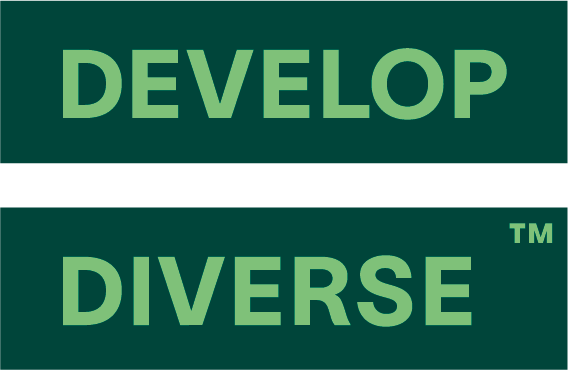Eurocentrism focuses on culture, politics or history from a European point of view to the exclusion of a broader viewpoint of the world.
What is eurocentrism?
A Eurocentric approach is one that basically considers the European perspective to be the most important when it comes to politics, culture and history.
Simply explained, it puts Europe at the front and center, interpreting the world through the lens of Western (and specifically Eurocentric) culture and values.
Eurocentrism doesn’t just elevate Western values above others, but considers them the norm. It is a concept that has existed since the beginning of civilization and continues to set the universal standard for Western societies, neglecting or diminishing the values of other cultures. In its more extreme form of expression, it portrays the non-Western world as inferior and underdeveloped.
The origins of Eurocentrism
Eurocentrism as an ideological concept was coined by the Egyptian-French Marxian economist and political scientist Samir Amin in the 1970s. Amin used the term to describe how European states continuously exploit emerging economies under the helm of imperialism and capitalism.
As a worldview, it seeks to homogenize the world to fit the European capitalist model. The problem is it also reinforces Western narratives linked to decolonization and industrial progress, ignoring or undervaluing contributions from non-European societies.
Negative impacts
A Eurocentric view of the world can have negative consequences in several ways. A narrow understanding of the world can often lead to the misinterpretation and undervaluing of non-Western societies:
- Eurocentric perspectives often lead to exclusion, discrimination and marginalization of societies that do not share the same ideologies, history or values as European American societies.
- Eurocentrism tends to undermine or ignore the contributions of cultures and societies beyond the Western world. This has led to the propagation of biases and stereotypes based on the idea that non-European societies have values that are contrary to the Western ideals of freedom and success and need to be “saved” by Western values.
- The systematic installation of Western standards is a key feature of Eurocentrism that in the past has resulted in colonialism and at the present time continues to promote the marginalization of non-European cultures.
- Upholding Eurocentric standards as the norm continues to perpetuate power imbalances that undermine the cultural, social, and political autonomy of non-Western societies.
- Eurocentrism has played an important role in upholding Western beauty standards and racist stereotypes. Many critics have defined it as a form of covert racism proliferated through the global spread of Western beauty ideals.
How Eurocentrism reinforces biases
Eurocentrism sets non-European (African, Asian, Latin-American) societies against a universal Western-European standard. This generally leads to negative beliefs about people who do not embrace the values of the Western world.
It ignores the richness of non-Western cultures, reducing these to simple stereotypes. Narrow and biased portrayals reinforce the notion that non-European societies are inferior, exotic, or primitive.
How to challenge Eurocentrism
Challenging Eurocentrism requires re-examining the dominance of European perspectives, narratives, and values. Some of the ways in which Eurocentrism is being opposed are:
- A more inclusive and decolonized education: Promoting the study of world history that highlights the contributions of non-European civilizations to politics, culture and science. This requires the incorporation of a wider range of academic texts from non-Western countries that teaches children and adults about the experiences of marginalized societies.
- Addressing power dynamics and biases: Identifying the ways in which Eurocentrism upholds structures that privilege Eurocentric perspectives. Recognizing stereotypes and biases rooted in Eurocentrism and challenging discriminatory narratives that intersect with other forms of oppression, such as racism, sexism, and classism.
- Fostering a greater cultural interconnectedness: Understanding and promoting the rich heritage of non-European societies is a vital step towards combating Eurocentrism. This can be achieved by actively seeking opportunities for cross-cultural exchange and embracing non-European perspectives and viewpoints.
- Advocating for structural change: Encouraging structural changes within institutions and organizations that perpetuate Eurocentrism. This requires more inclusive policies, diverse hiring practices, and multicultural representation in decision-making processes.
